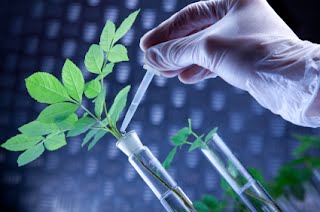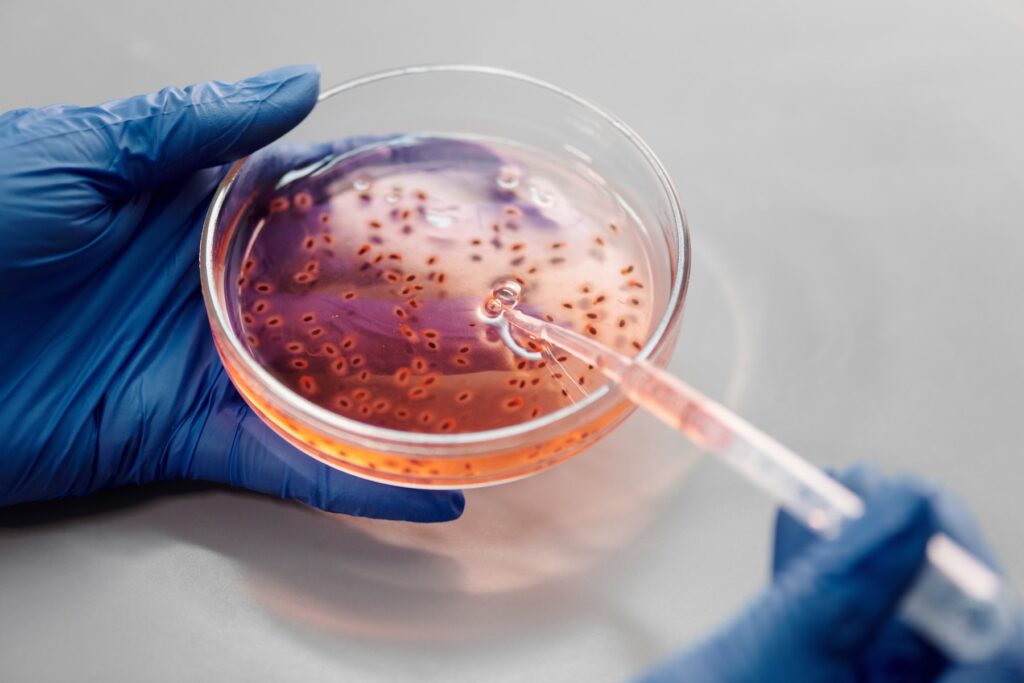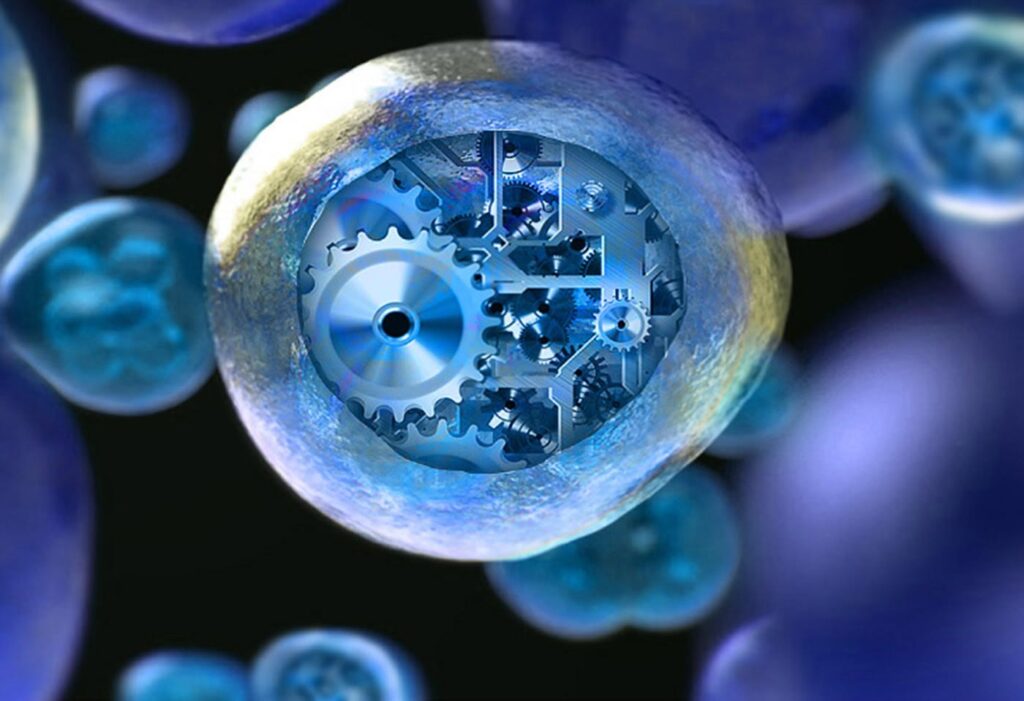
Introduction
In the ever-evolving landscape of agriculture, technological advancements have played a crucial role in increasing productivity, sustainability, and efficiency. One such revolutionary field is agricultural biotechnology, which merges biology and technology to enhance various aspects of farming. This article delves into the significance of agricultural biotechnology, its applications, benefits, and potential concerns.
Understanding Agricultural Biotechnology
Agricultural biotechnology involves harnessing biological systems and processes to develop innovative solutions for agricultural challenges. It encompasses techniques that manipulate the genetic makeup of crops, animals, and microorganisms to enhance desirable traits.
Applications of Agricultural Biotechnology
Genetically Modified Crops
Genetically modified (GM) crops are a hallmark of agricultural biotechnology. Scientists modify the DNA of crops to introduce specific traits, such as resistance to pests, diseases, or adverse weather conditions.
Precision Farming
Precision farming involves using technology like GPS, sensors, and data analysis to optimize crop management. It enables farmers to make informed decisions about planting, fertilizing, and irrigation.
Biopesticides and Biofertilizers
Agricultural biotechnology has led to the development of biopesticides and biofertilizers. These natural alternatives minimize the use of harmful chemicals, promoting eco-friendly and sustainable farming practices.
Benefits of Agricultural Biotechnology
Increased Crop Yield
GM crops often exhibit higher yields due to their enhanced resilience. This is crucial for meeting the growing global demand for food.
Enhanced Nutritional Content
Biotechnology can improve the nutritional content of crops, addressing micronutrient deficiencies and improving the health of consumers.
Reduced Environmental Impact
The adoption of agricultural biotechnology can lead to reduced pesticide and herbicide use, minimizing soil and water contamination.
Addressing Concerns and Ethical Considerations
Biodiversity and Ecosystem Impact
One concern is the potential impact on biodiversity and ecosystems when GM crops are introduced. Careful assessment is necessary to prevent unintended consequences.
Consumer Acceptance
The acceptance of GM foods by consumers varies globally. Education and transparent labeling are essential to address consumer concerns.
Long-Term Effects
Long-term effects of GM crops on human health and the environment need comprehensive study to ensure safety.
The Future of Agricultural Biotechnology
Agricultural biotechnology is poised to revolutionize farming even further. Advancements in gene editing and synthetic biology hold immense potential.



